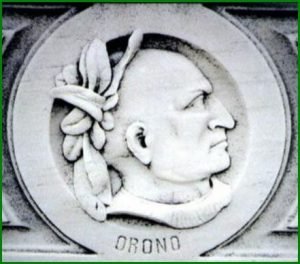Indian Wars of New England
To the student of Indian history of the early New England period the catalog of the librarian would allow one to infer that the ground had been already preempted by Mr. William Hubbard and some other well-known writers upon the tragedies of the early New England days, whose labors are more famous for being a quaint reflection of the times than for comprehensive treatment of the subject at hand. Without Mr. Drake’s labors, allied to those of Church and Belknap, the earlier story would be a meager one. It is to these authors one goes with assurance and infinite satisfaction, … Read more


